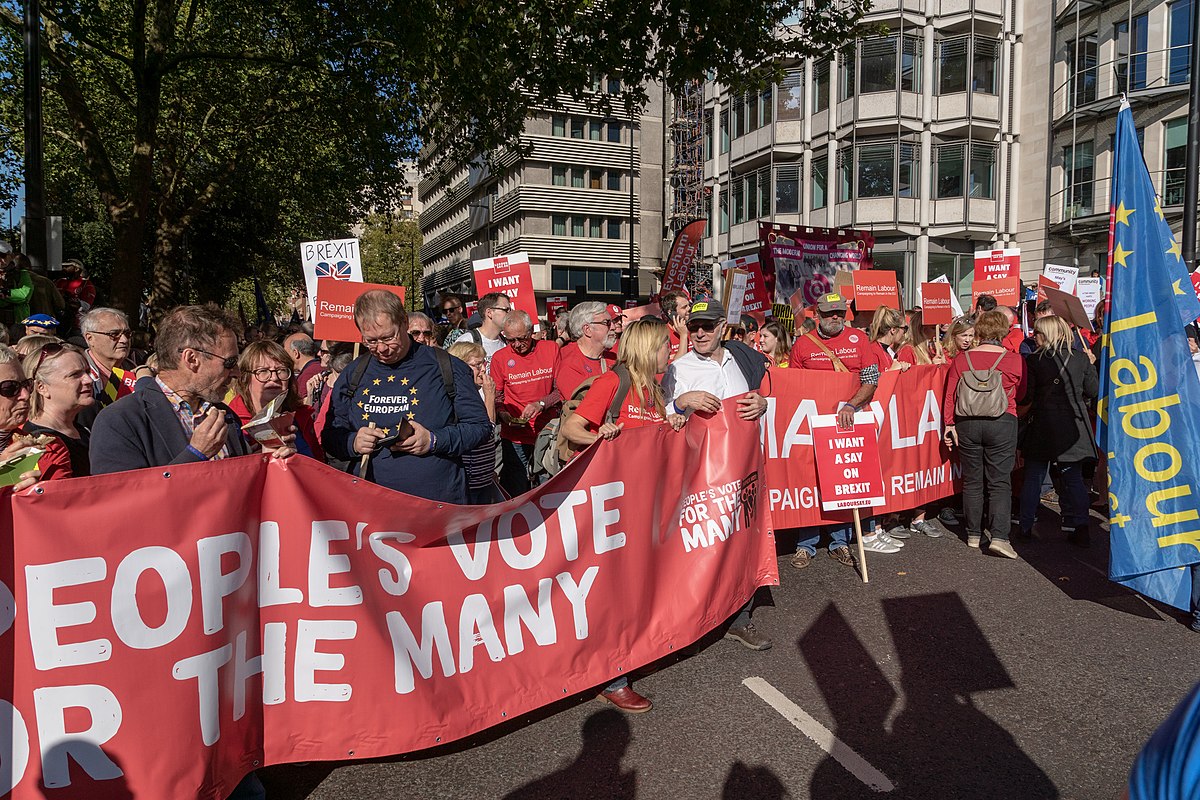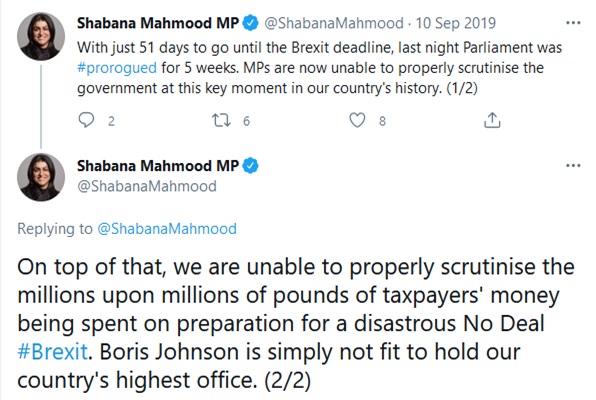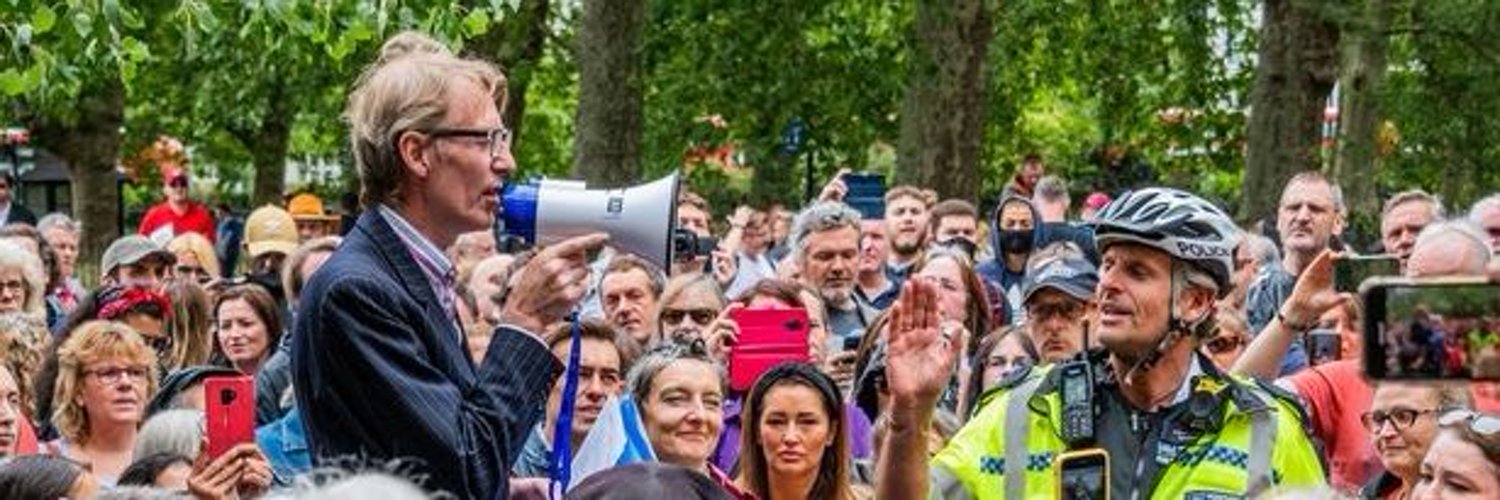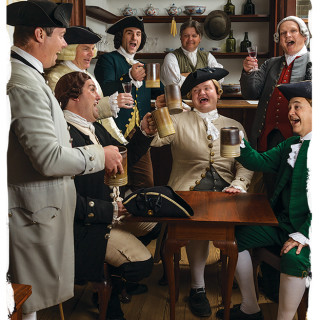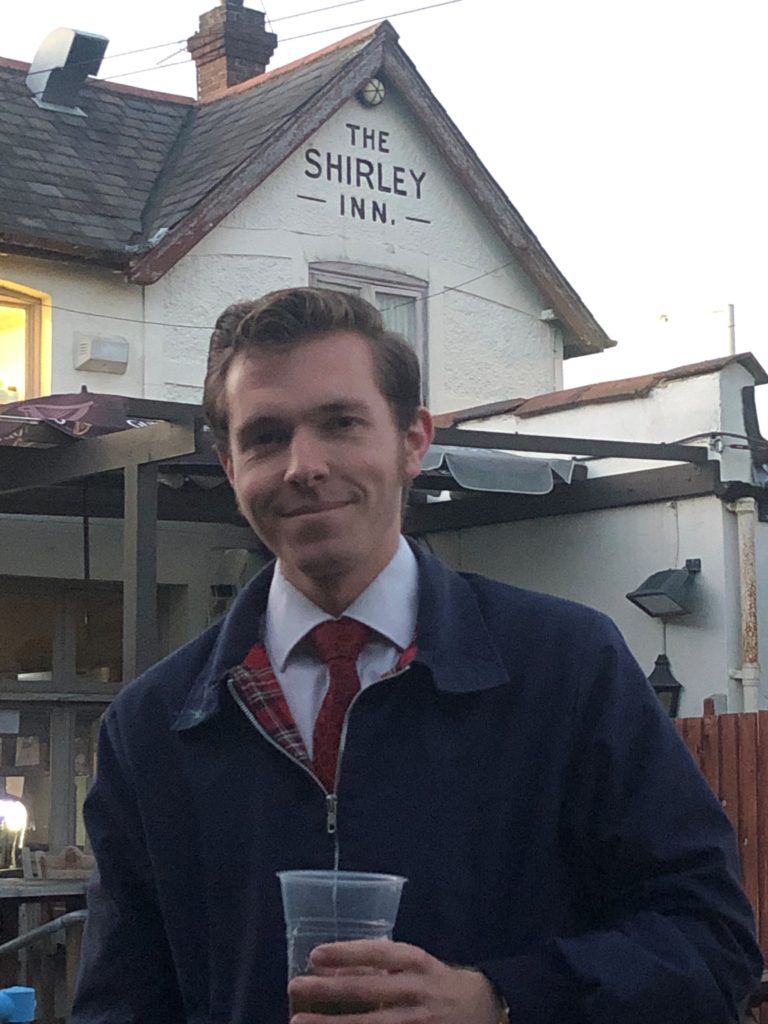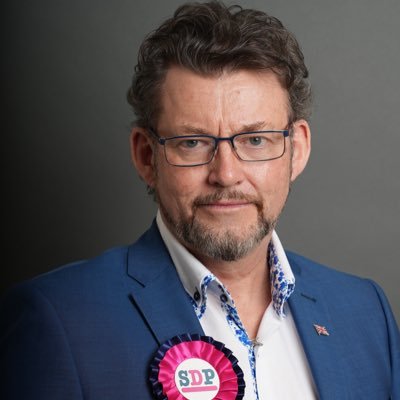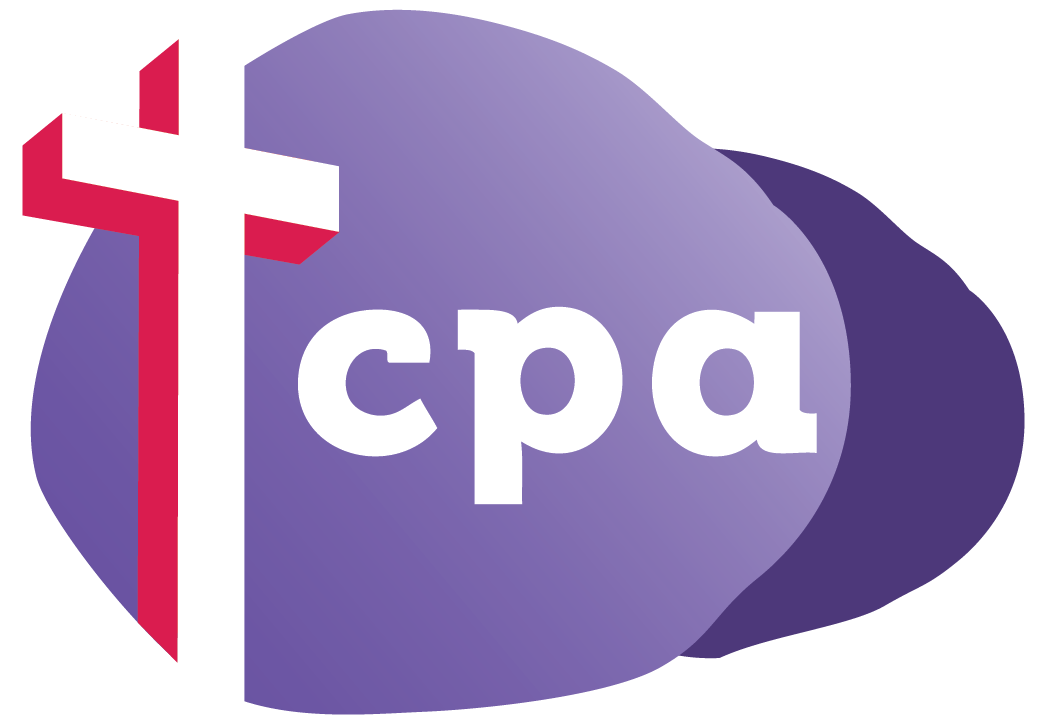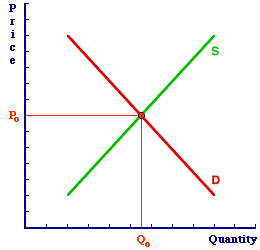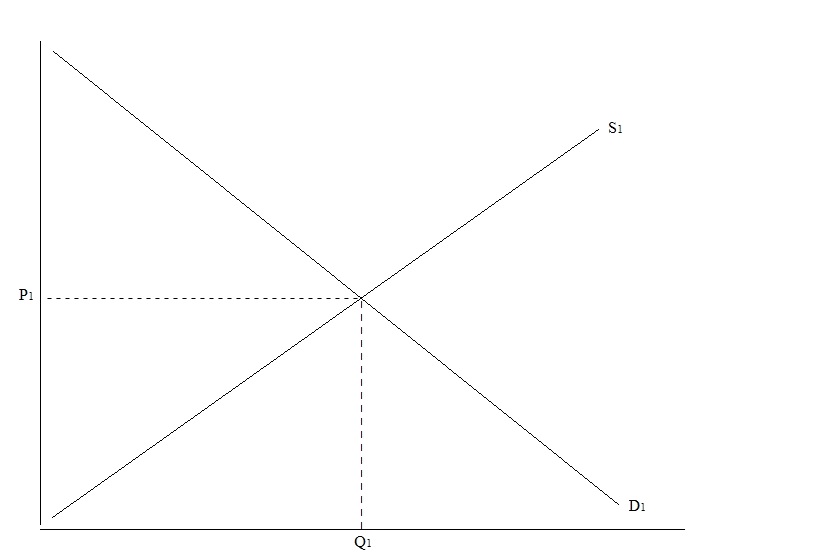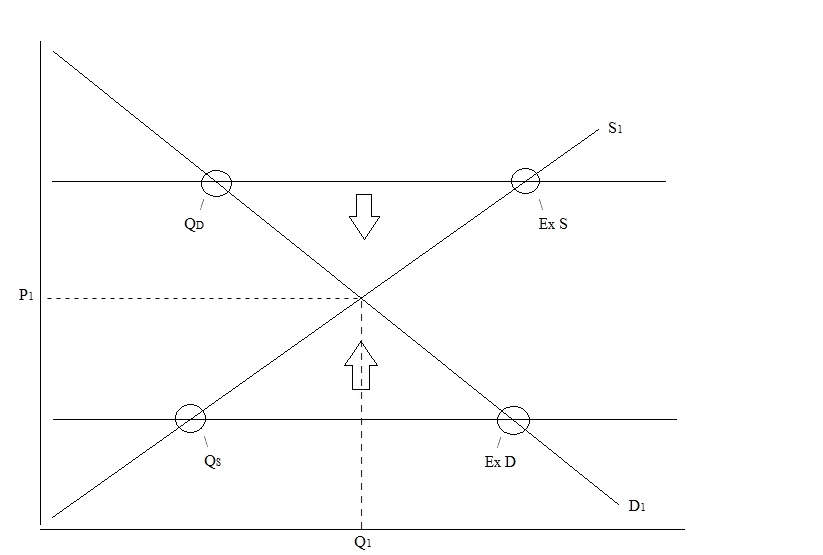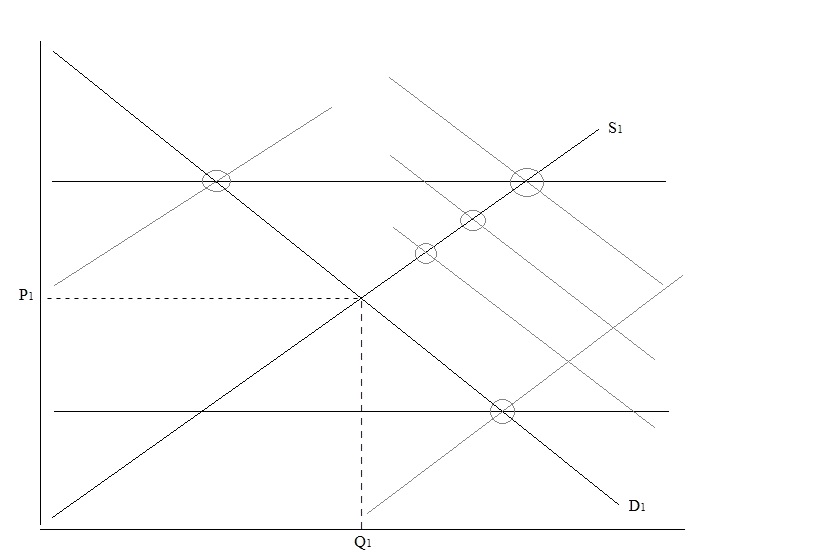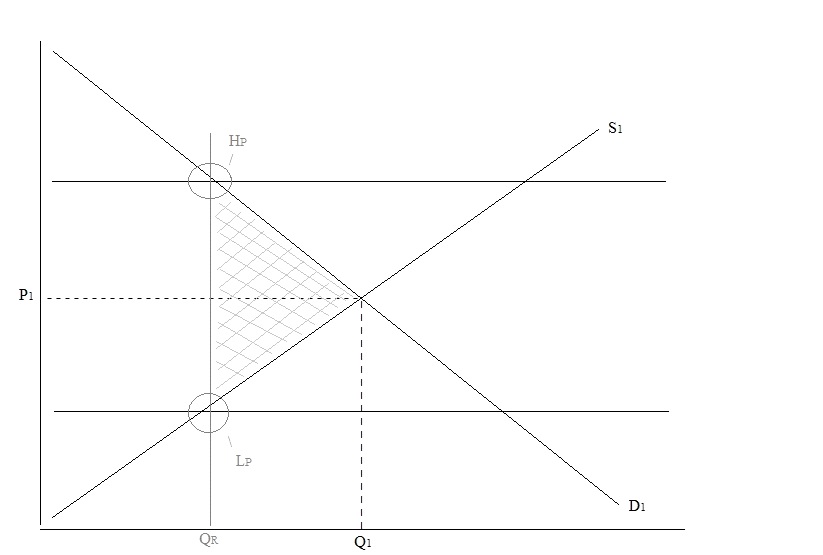Methods of Information Under the Market Process

Economic Piece by Josh L. Ascough
Advertisement has often been the aspect of the market most attacked; both by supposed supporters of the market and detractors of the market economy.
Decrees of false information, wasteful spending and other wide sweeping accusations are made against advertisers and their methods of marketing a product, but these are claims that can only hold artificial weight to them if our economic models are that of general equilibrium and perfect competition; in addition most arguments against advertising are based on ex-post the consumers choice to consume the product.
I’ve gone into criticisms of the general equilibrium theory and perfect competition before, so I won’t make this piece another critique; you can find the full piece here – https://croydonconstitutionalists.uk/marshallian-curve/ – but to summarise, the general equilibrium model relies on assuming a state of affairs where all economic actors are fully aware at all times of various economic activities: i.e. a degree of omniscience; perfect information. Under this model it acknowledges ignorance to which is optimal (we know what we are ignorant of, but the cost of information is higher than the benefit), but assumes away the possibility; or the high likelihood of an absence of information (we don’t know what we are ignorant of). The perfect competition model proposes that competition is a state of affairs where there is a certain number of buyers and sellers all buying (selling) the same quantities and qualities at the same price; no one sells higher because it would be economic suicide, and no one sells lower because he could sell the same quantity at the set market rate.
These two states of affairs not only assume no possibility of any absence of information, but deny the possibility of any entrepreneurial activity.
Let’s get back to the matter.
Advertisements are often criticised for pressuring consumers to buy particular products, providing over the top, loud commercials that could’ve been made for less, if they just got to the point with what they’re selling, and for providing no “relevant” information.
These criticisms are seldom legitimate when we analyse the market; including advertisement as a process, and when we acknowledge the role of discovery brought about by entrepreneurs.
I spoke earlier about arguments against advertisement to be based ex-post the consumer’s choice to purchase the product. The question to ask is: how did our consumer come to be aware of the product? What led to the decision to buy rather than to abstain? For the answer we need to look ex-ante the consumer’s activity and decision; furthermore we require acknowledging that at any time, the market can be filled with utter ignorance from economic actors, and to remember that we are in a process of disequilibrium where (successful) entrepreneurial activity tends to bring us closer to positions of equilibrium.
“Advertisers don’t just have to tell consumers that there is a product to buy; they need to make their adverts eye-catching in order for the consumer to discover the possibility of owning the product”
Advertisers don’t just have to tell consumers that there is a product to buy; they need to make their adverts eye-catching in order for the consumer to discover the possibility of owning the product. If we suppose a seller of petrol for cars, displaying a sign outside his establishment which says: “Petrol for sale. Lower than other sellers. £1 per litre”. An omniscience external observer would say he has made a clear concise advert for his product; if consumers don’t buy it is because the cost of finding this sign is too high. But humans are not omniscient, nor are they always on a deliberate search; our petrol seller requires making his advertising venture eye-catching not just to those already searching for petrol but to those who (a) don’t know that they need petrol, and (b) do not know that they don’t know they can buy petrol for a low price. Though the physical qualities of the product exist, and the seller is aware of what he can sell, to those who are not alert to its possibilities the product may as well not exist.
Where a seller decides to advertise also plays an important role in how many consumers will discover the product. If we suppose in a community none of the residence drive, because all sellers they are aware of have too high a price; leading to everyone either walking or cycling, no one is going to be searching for petrol and so an entrepreneurial producer, who can sell petrol for a fraction of the price of other sellers, cannot simply put a sign outside his business. In order for consumers to enter a process of discovery, our seller has to stand out.
Many times people will point to how simple advertisement was many years ago. They will point to old black and white adverts on television sets showing the product, its price and the brand. But this again is an ex-post argument, from the point after the advertisement has occurred.
I’d like to explain the ex-ante present advertisement argument with a little hypothesis:
Imagine if you will a school hallway where the walls are blank. Each day students walk to and from classrooms completely ignoring the blank walls. A student; let us call him George, finds there are no after-school clubs available, and so creates a chess club. George is unable to inform all the students of the school by talking to them, because he too has classes to attend. Supposing he is an alert individual, he comes to the discovery that he can place a poster on the blank wall informing students of the new after-school club; it will be the only poster on the blank wall, and so is likely to be discovered by his fellow students. This will not just be noticed by students who also know they wanted an after-school club, but possibly by those who hold an absence of information over the enjoy-ability of an after-school club, and by those who may not have known what chess even is; since there’s been no after-school clubs where they could see students playing chess.
Sooner or later, more students start advertising on the blank walls for a variety of things; some for clubs, events, and some for student-to-student tutoring. Because everyone is advertising with plain white paper and black text, many go unnoticed until one student makes the entrepreneurial discovery that he can use plain red paper with black text, and it is discovered by students etc.
As the process goes on, students find new ways to make their advertisements more noticeable.
This ex-ante look at the process informs us that when advertisement is absent, not a lot needs to be shown in order for the product to be noticed, but as more and more people advertise what they wish to inform others of, they require finding new ways of standing out and being eye-catching.
There are two final areas I wish to go into before we conclude; these will be with respect to the subjectivity of value and diminishing marginal utility on the part of consumers, and how these can affect our perspective of advertisement.
Due to value being subjective, the attractiveness of an advertisement can be affected by the value judgements of an individual; either by pre-existing tastes towards a general subject while holding an absence of information to the specific heterogeneous product, or by a known judgement towards a specific product.
To give an example for a better explanation, I hold no value for anything to do with football; I find the game dull, and so anytime an advertisement for football comes on; whether it’s a live match, a videogame or memorabilia, I find it irritating and a waste of time. If it is a new product to do with football, then I have discovered a new product I have zero interest in.
I am however a fan of snooker and pool, and so an advertisement for a live game will either (a) lead me to the discovery of the new possibility of satisfying a want for engaging in the game, or (b) if I had been on a deliberate search for a live match, will have allowed me to become informed of the whereabouts of a product I had known my ignorance of.
Diminishing marginal utility can also play a role with how attractive advertisement may be for specific products.
To give an illustration we take a look at figure 1.1:

In the diagram the vertical axis shows Marginal Utility, with the horizontal axis showing the Quantity of units consumed. As more quantities of the good are consumed, it reaches a peak where satisfaction is highest at MU8/Q6. After this point the marginal utility of the good begins to drop, and further consumption of the good will be unsatisfactory; as shown by Q8. An example of this could be the consumption of alcohol. At the start of a drinking session the consumption of unit 1 may not satisfy the want/need fully, as more and more units are consumed there will be a peak when total satisfaction has been reached. After this point; let us say unit 6, the marginal utility for further alcohol drops, and the want/need to satisfy the thirst for alcohol diminishes.
If an advertisement was to be seen ex-post the consumption of a satisfactory level of alcohol, it is likely the drinker will find little utility and value in further consumption.
This can also be translated into a change in tastes, as shown in figure 1.2:

A man who has achieved satisfaction of a want/need to consume alcohol, may find himself impelled to act in order to satisfy the want/need for food. A change in tastes simply refers to a reordering of the positions of items on the consumer’s scale of value; or ordinal ranking of goods.
This will lead to the altering of our individual consumer’s marginal utility of the unit(s) of some good to lower positions, while the marginal utility of some other good (in our case of the drinker, food) will be higher. Now our drinker is seeking to move expenditure from the lower ranked good (alcohol), to the higher ranked good (food).
In our diagram, the drinker had satisfied his want/need for alcohol at point P2. This indicates that a move from P2 to P3 along the opportunity line AB. Since our drinker’s tastes have changed, and shifted away from DP2 of Y, towards that of X, he has shifted to a position of DP3 of X, and so our consumer acts to achieve the situation of P3; i.e. the consumption of food.
To translate this back to advertisement, if our drinker is now seeking to satisfy P3, then advertisements for food will lead to a discovery of how/where to satisfy a want/need.
To conclude our look into advertisement, it is axiomatic that not all advertisements will appeal to every individual; it is not the purpose of this piece to make such an argument. It is to try and show that advertisement; like many areas of economics, is epistemic, and, to a degree, hold an entrepreneurial element of discovery to them. The world is full of scattered pieces of information in a realm of disequilibrium; advertisements, just like prices, play an important role in attempting to coordinate the expectations, actions, and value judgements of subjective individuals.

Picture: https://pixabay.com/photos/outdoor-street-road-city-view-3973811/




